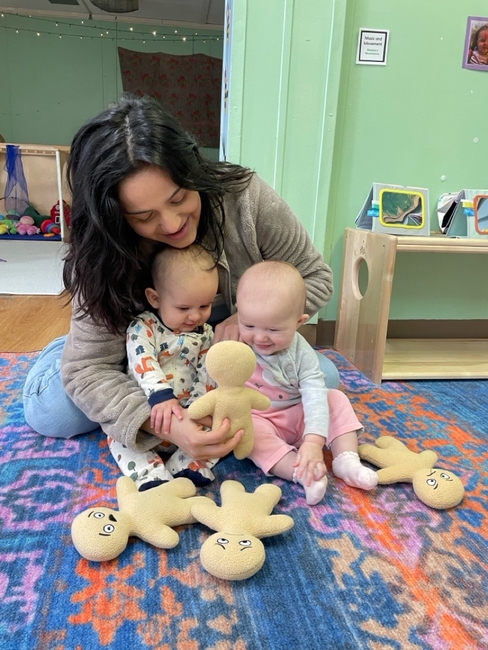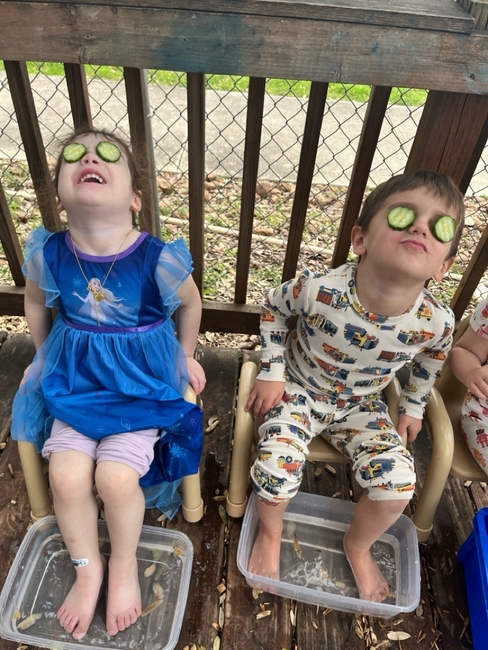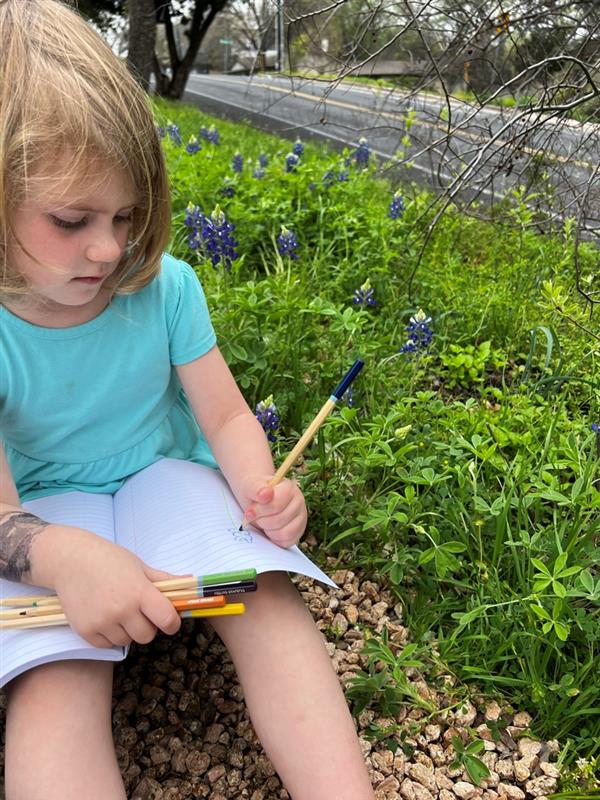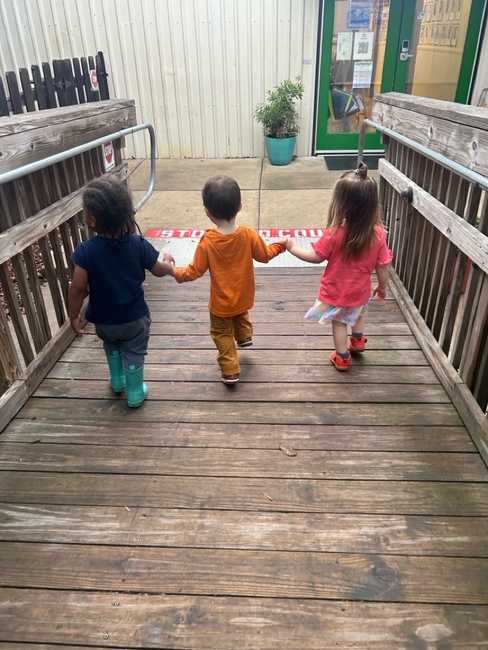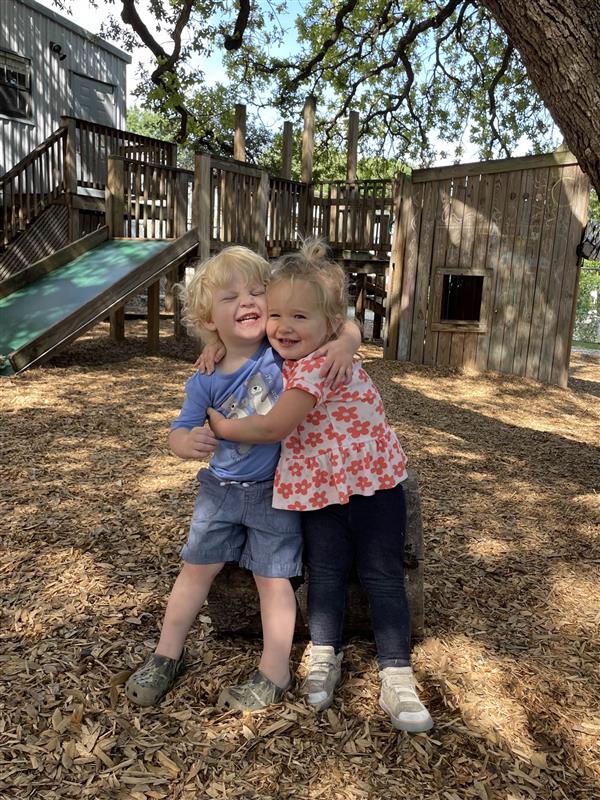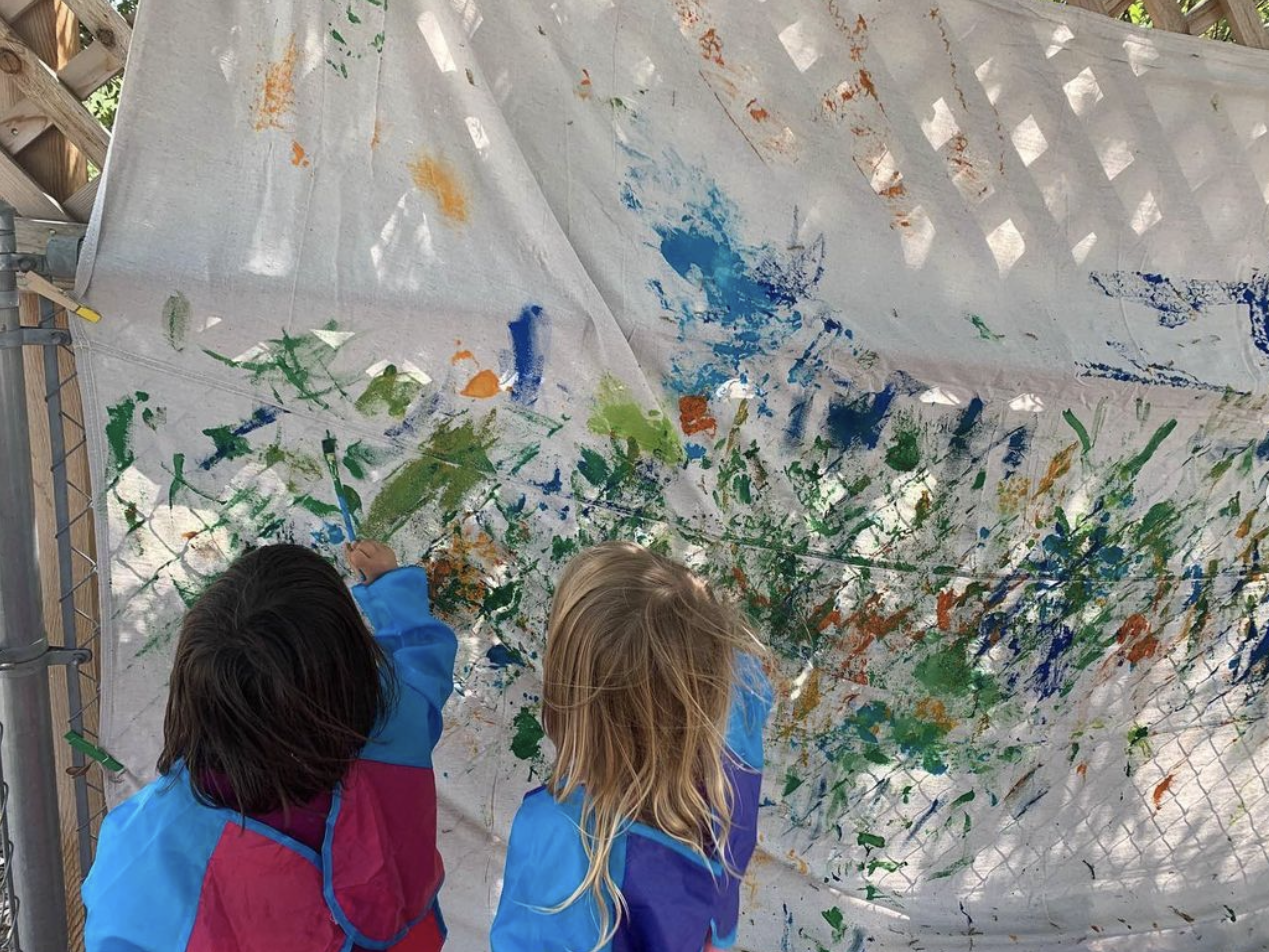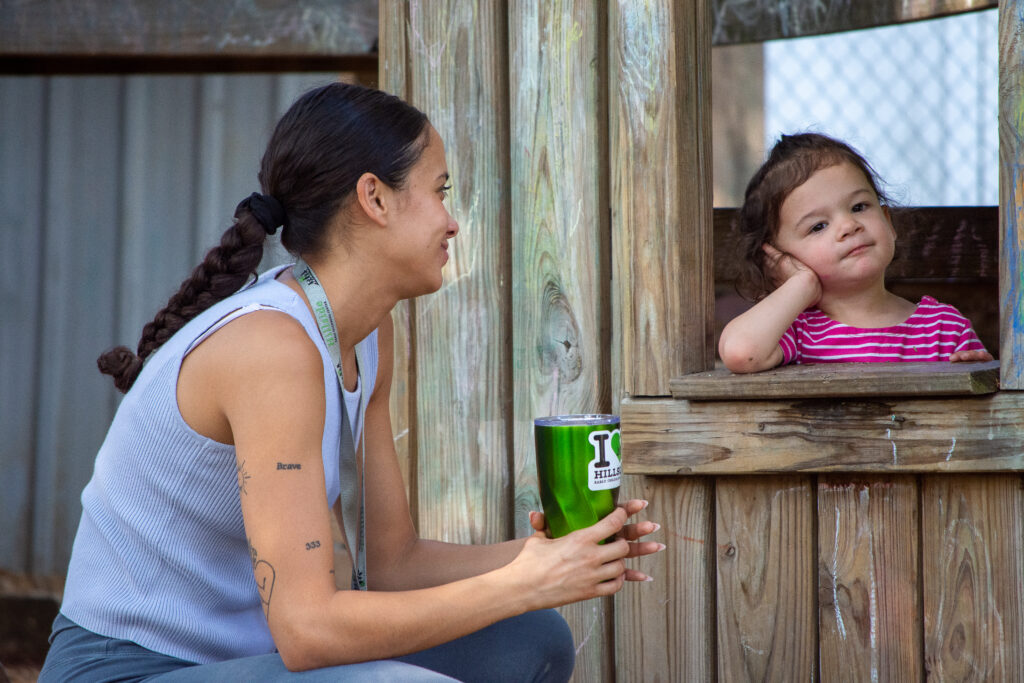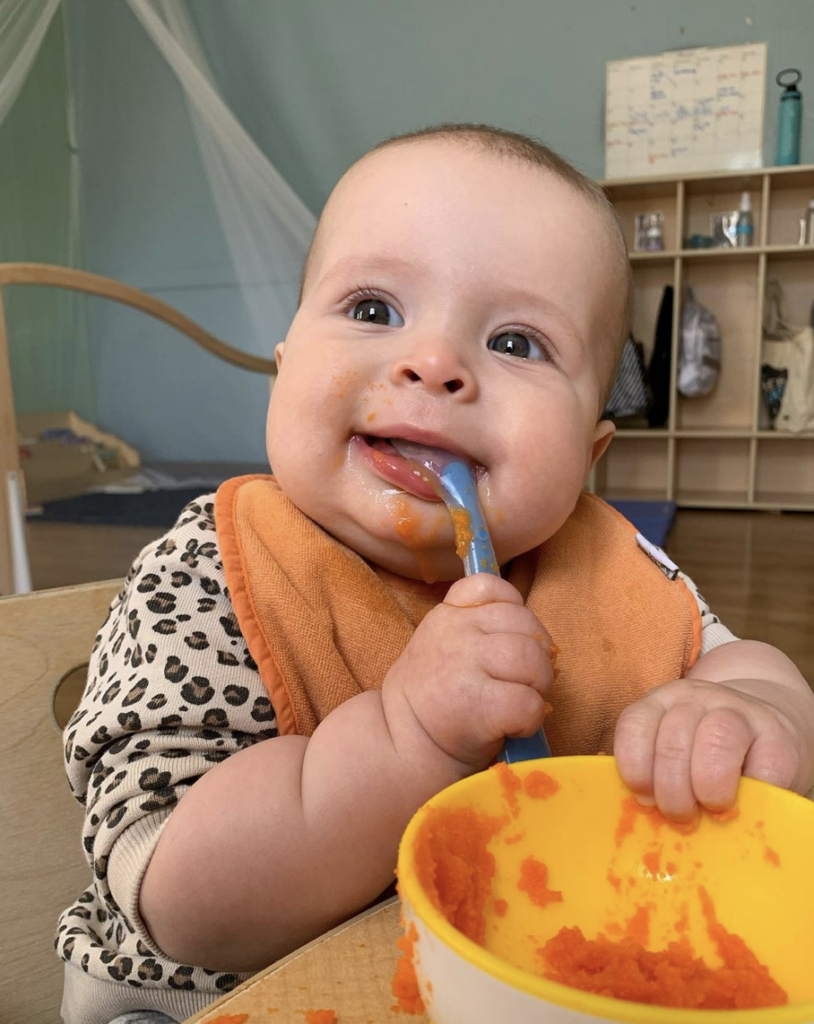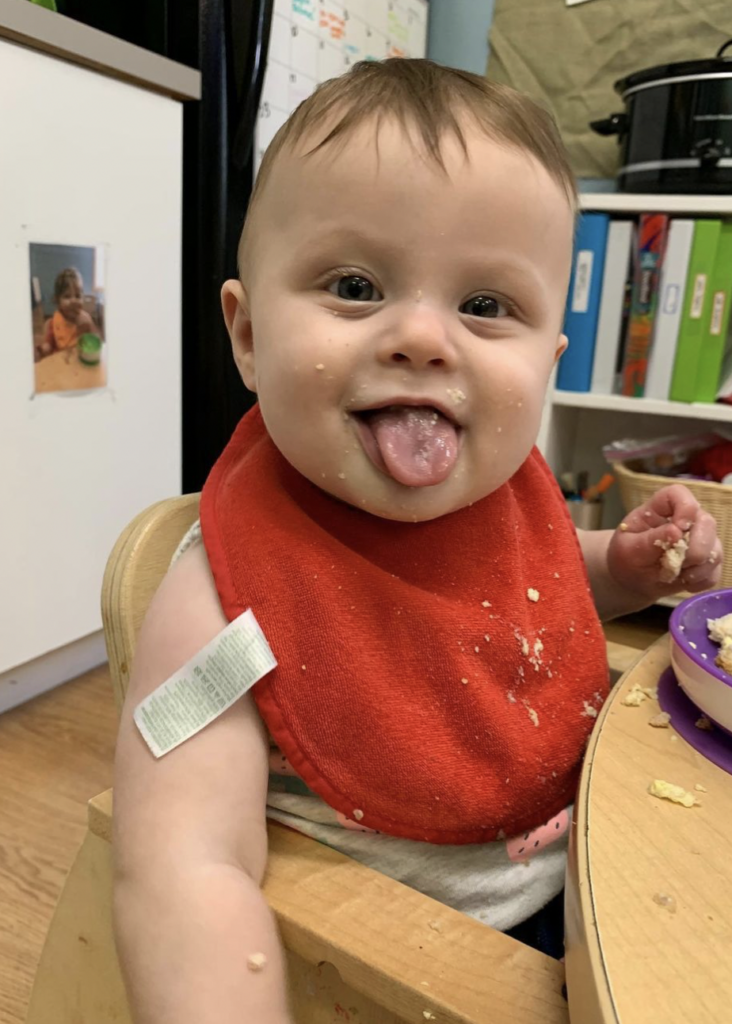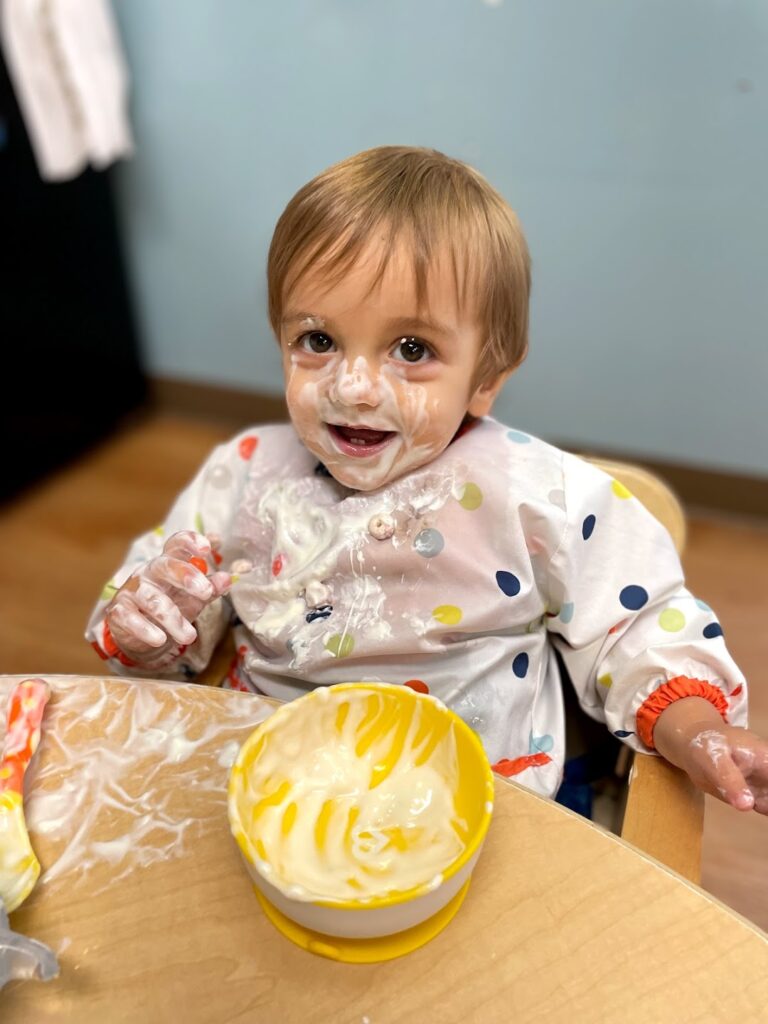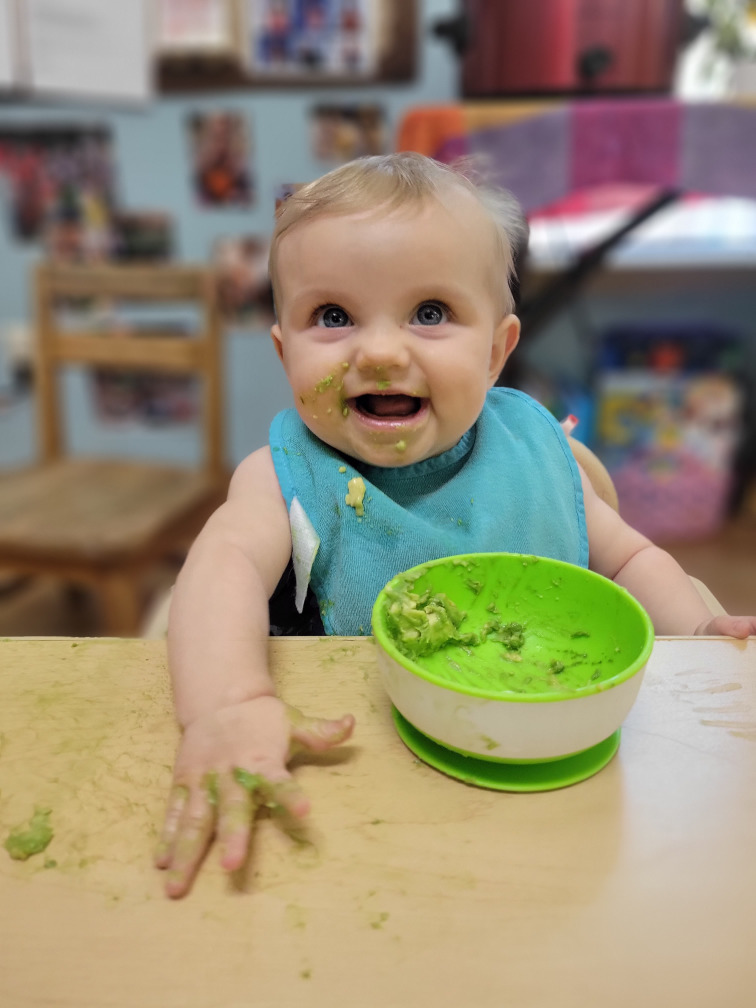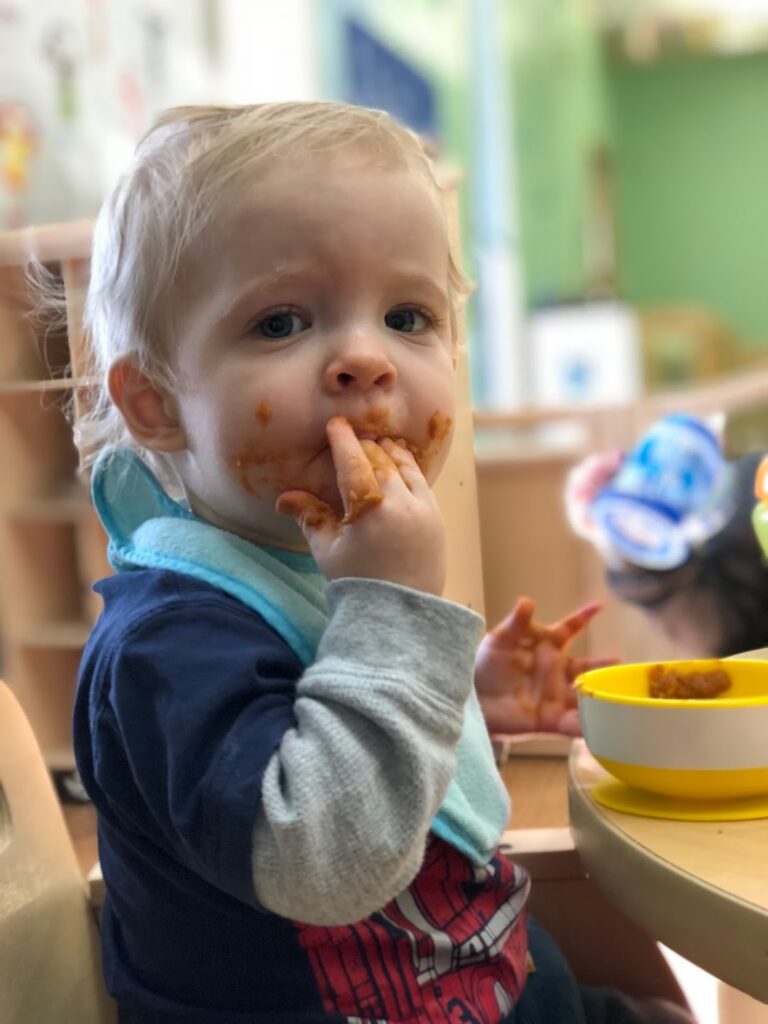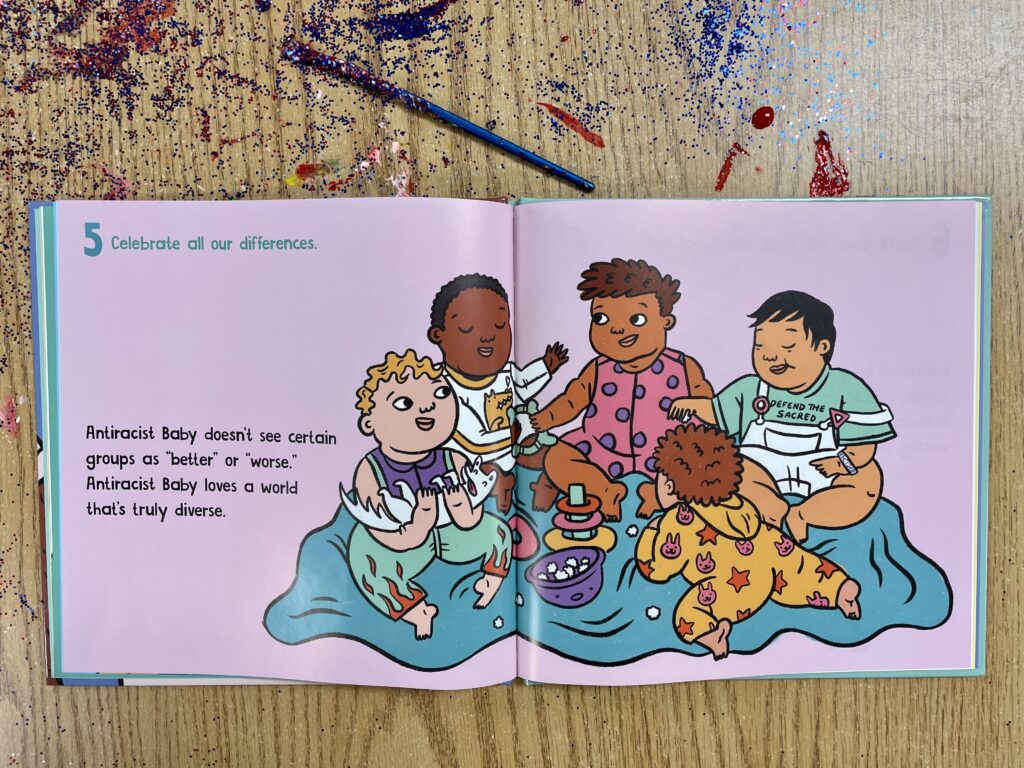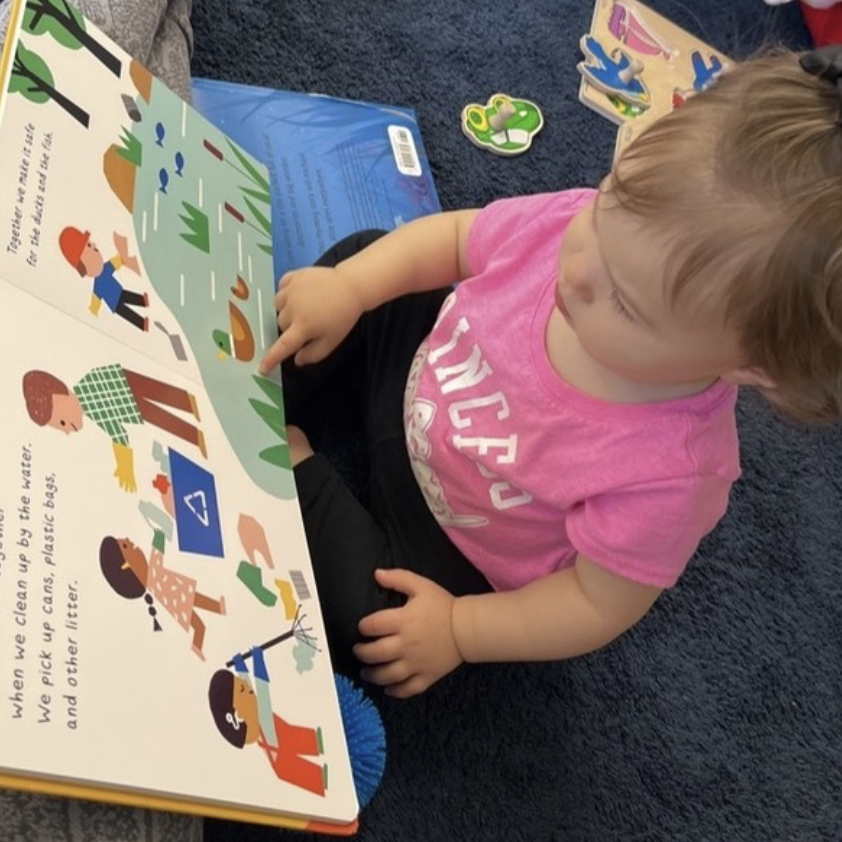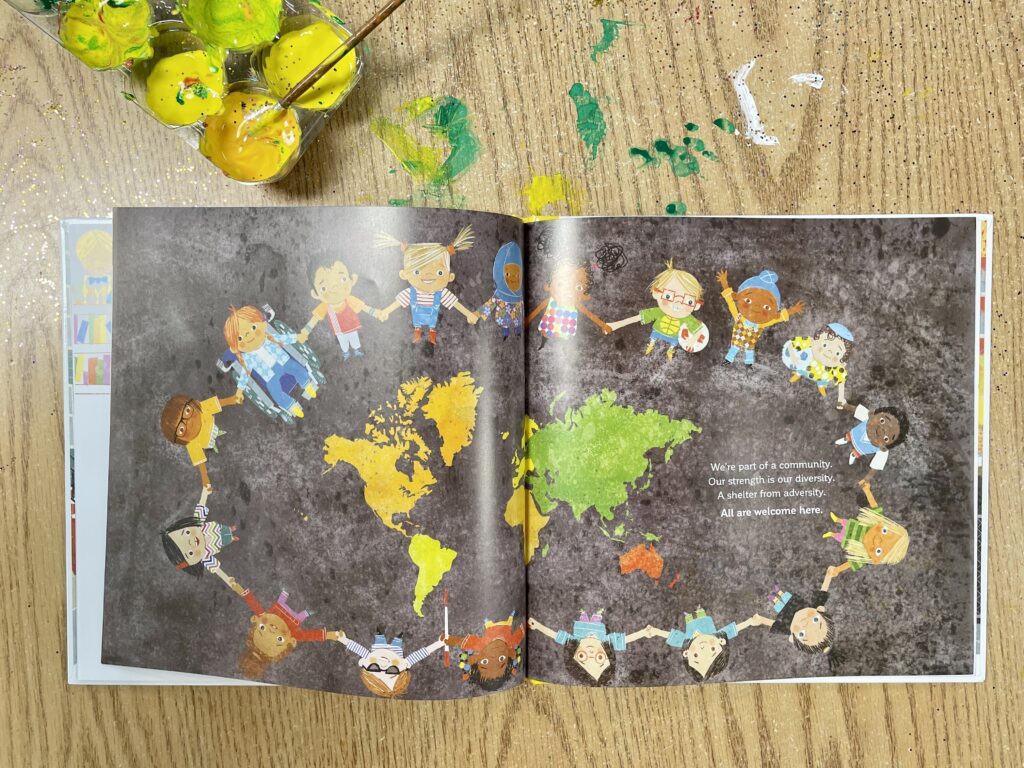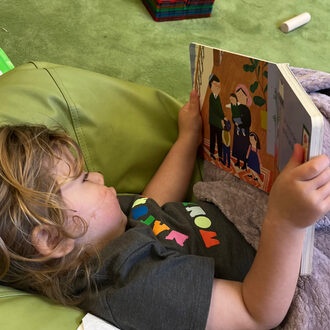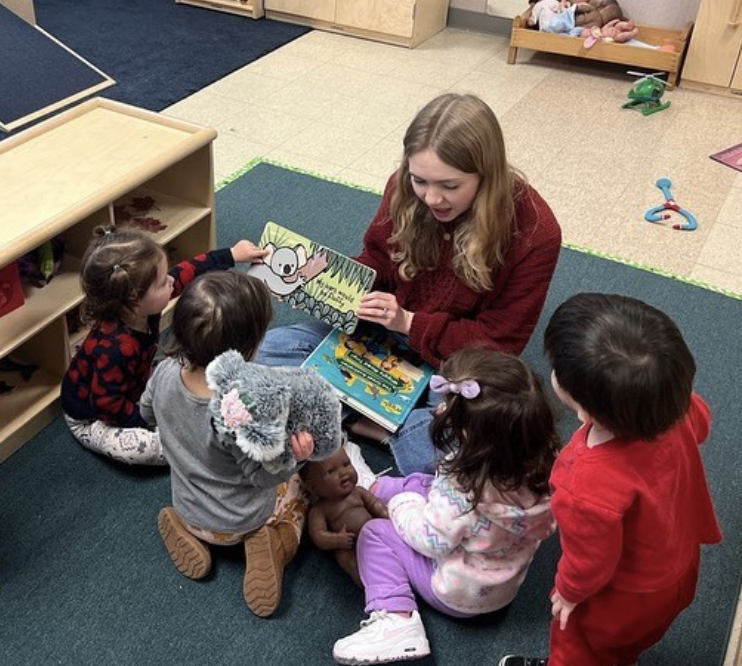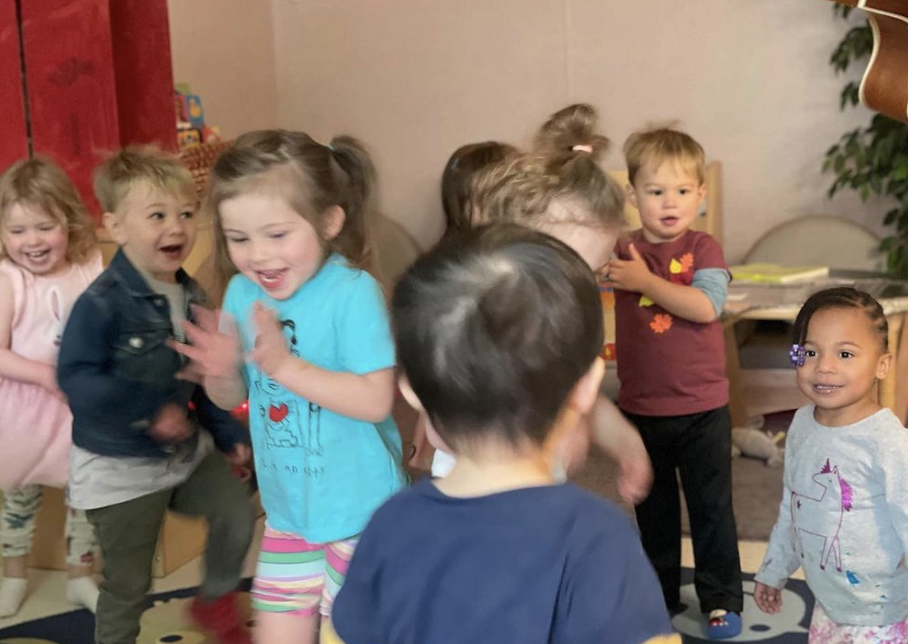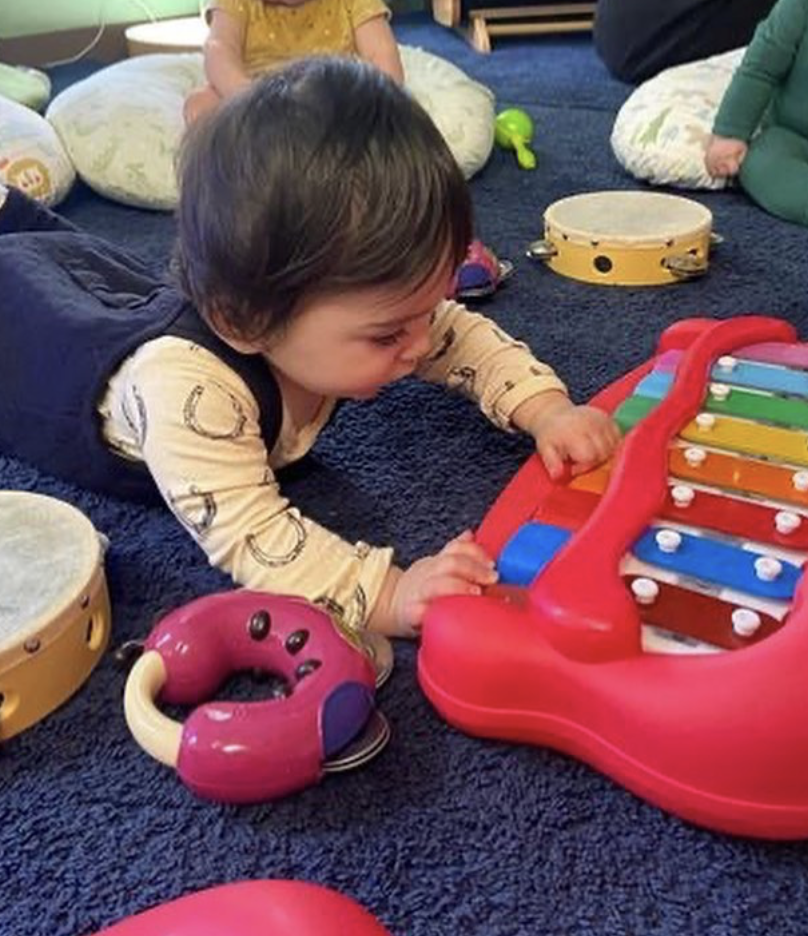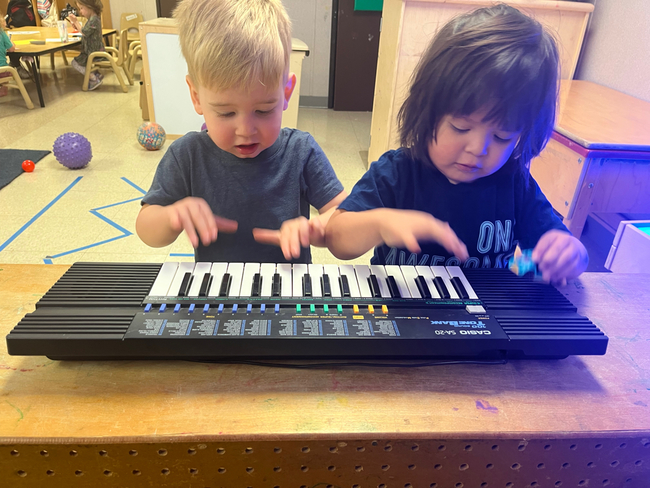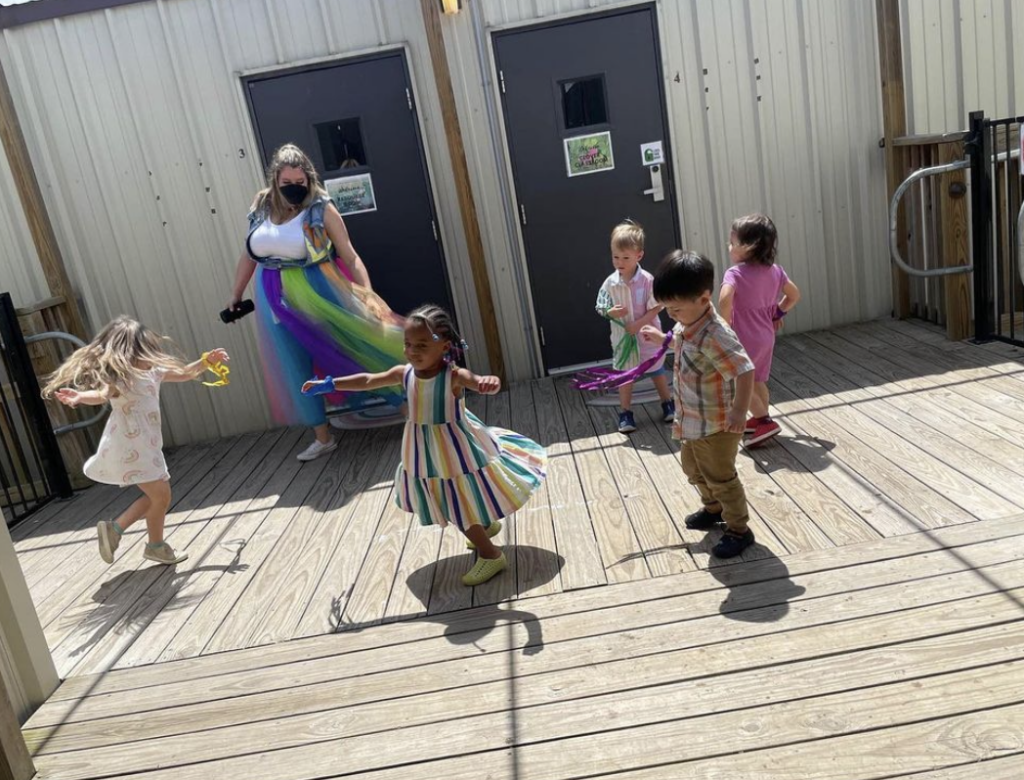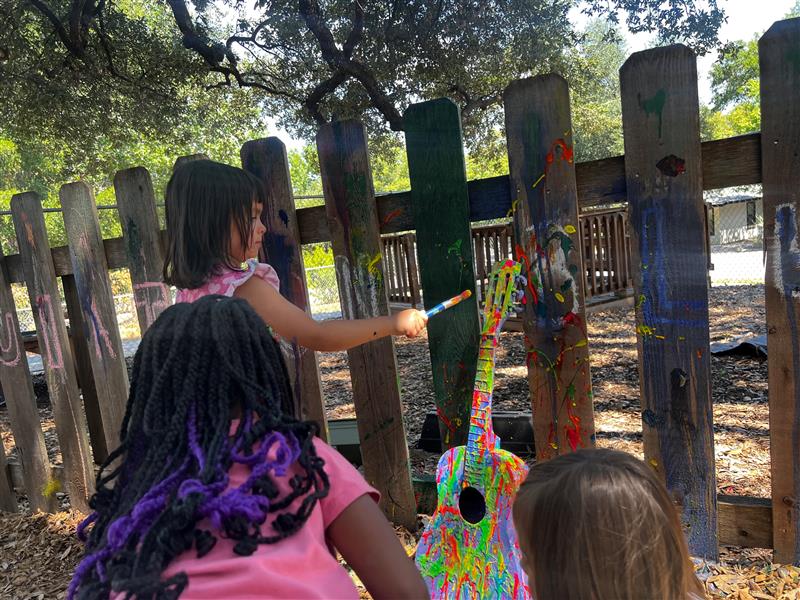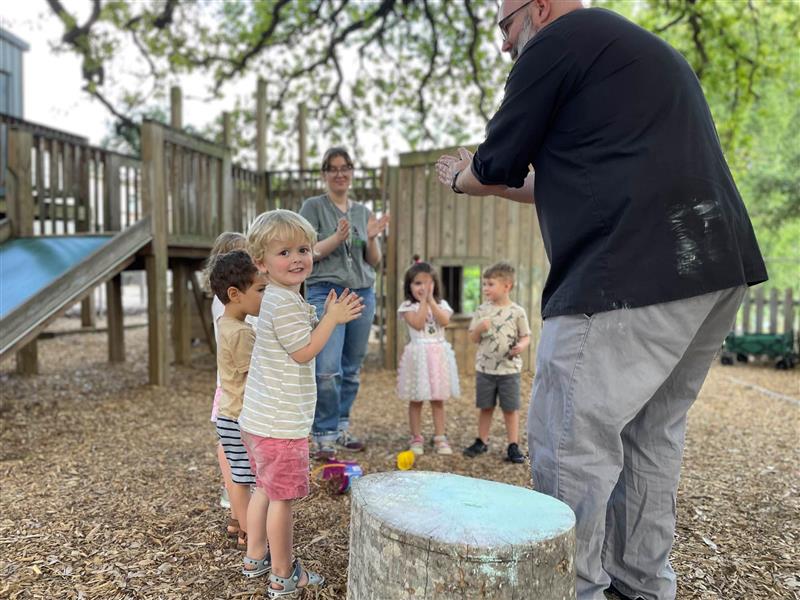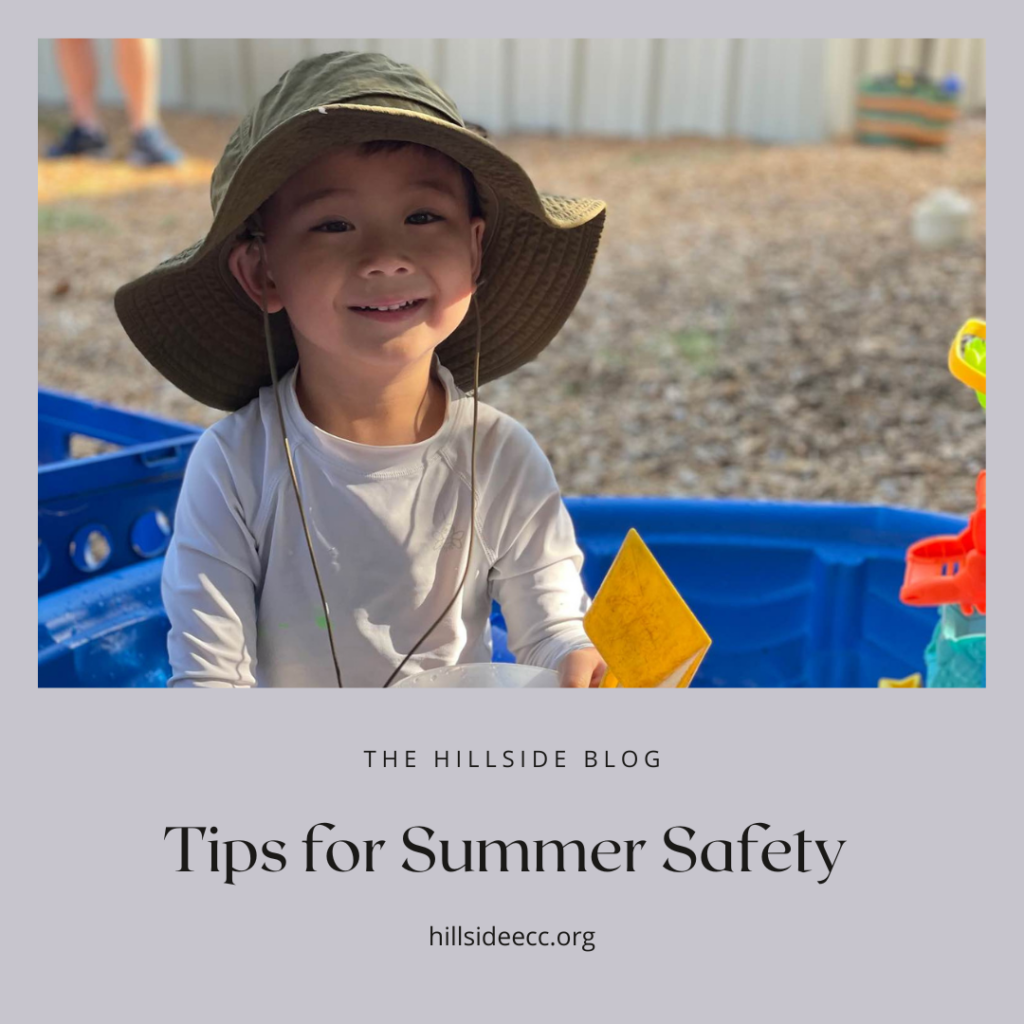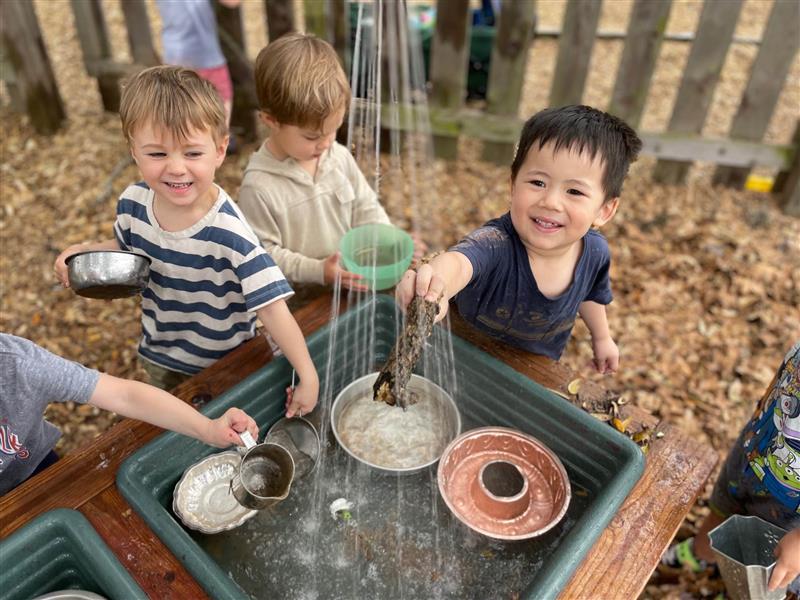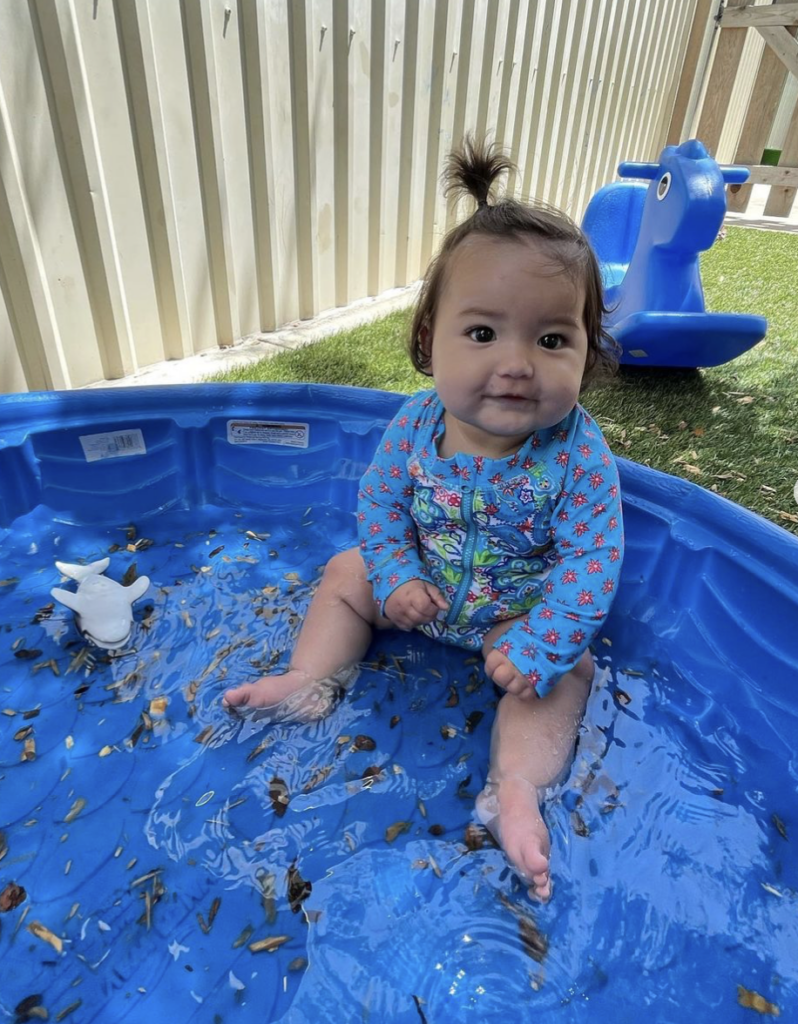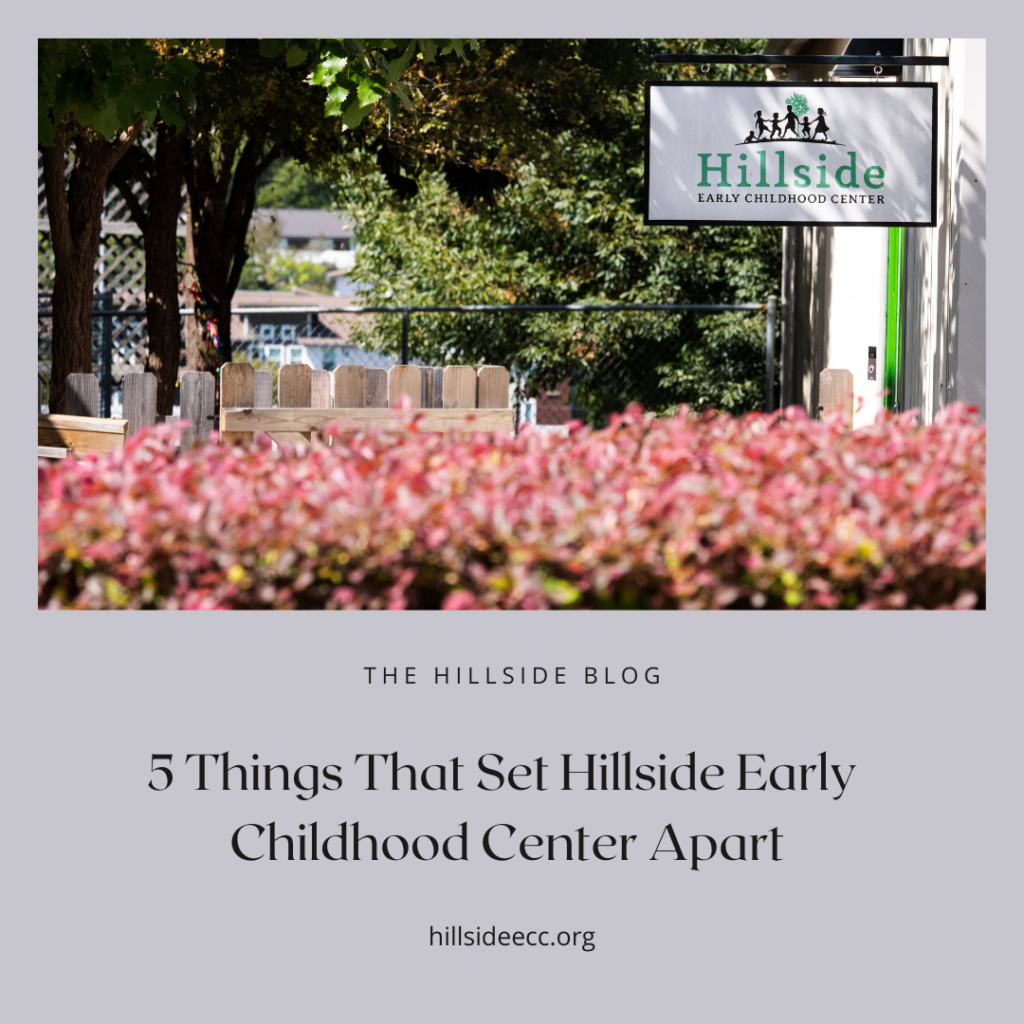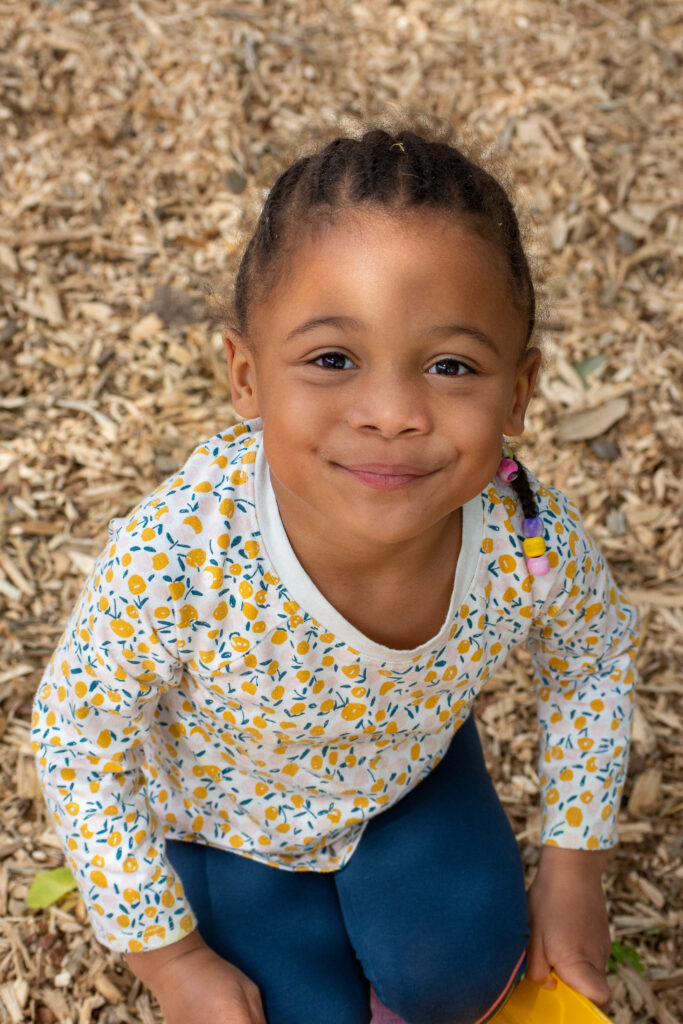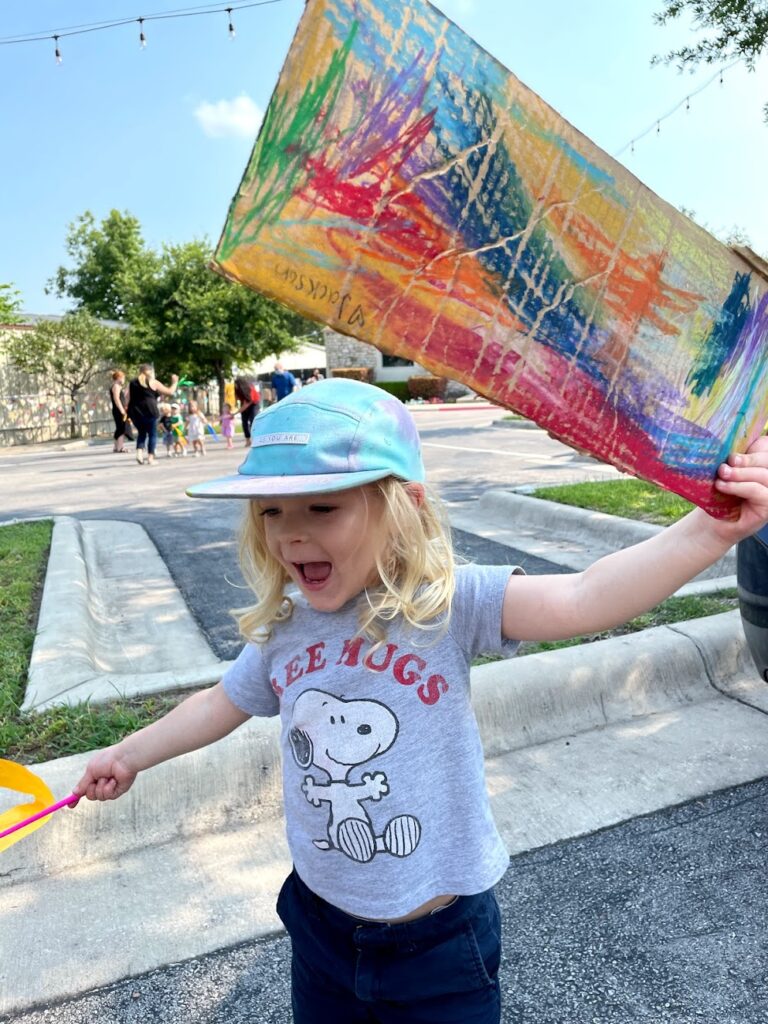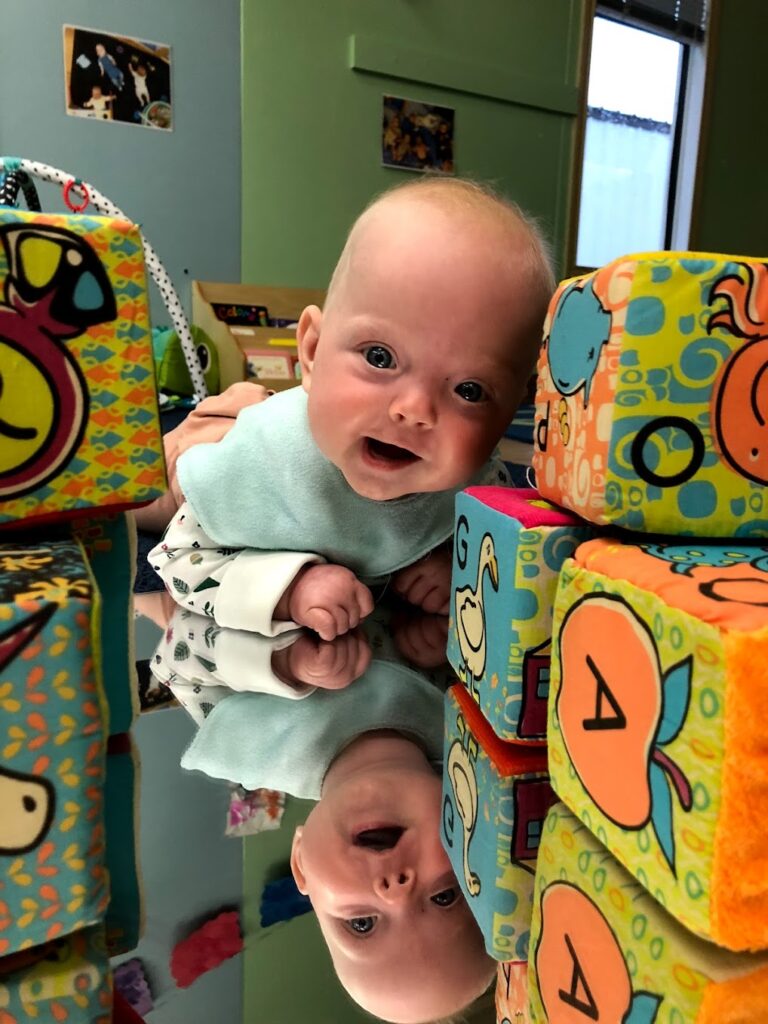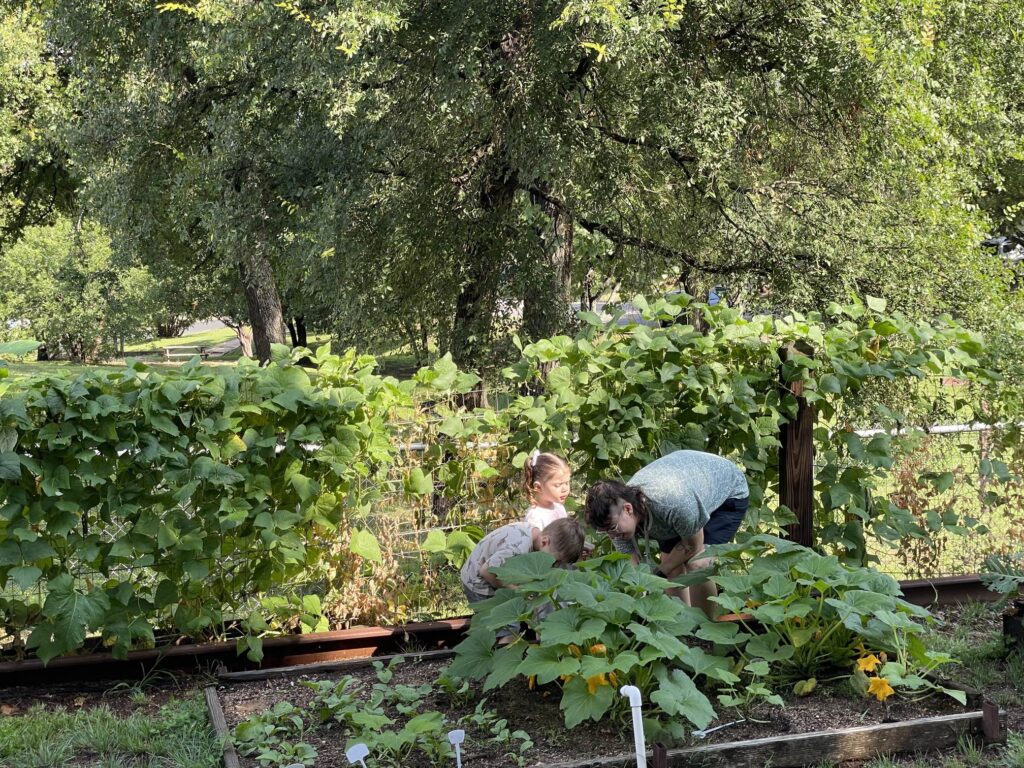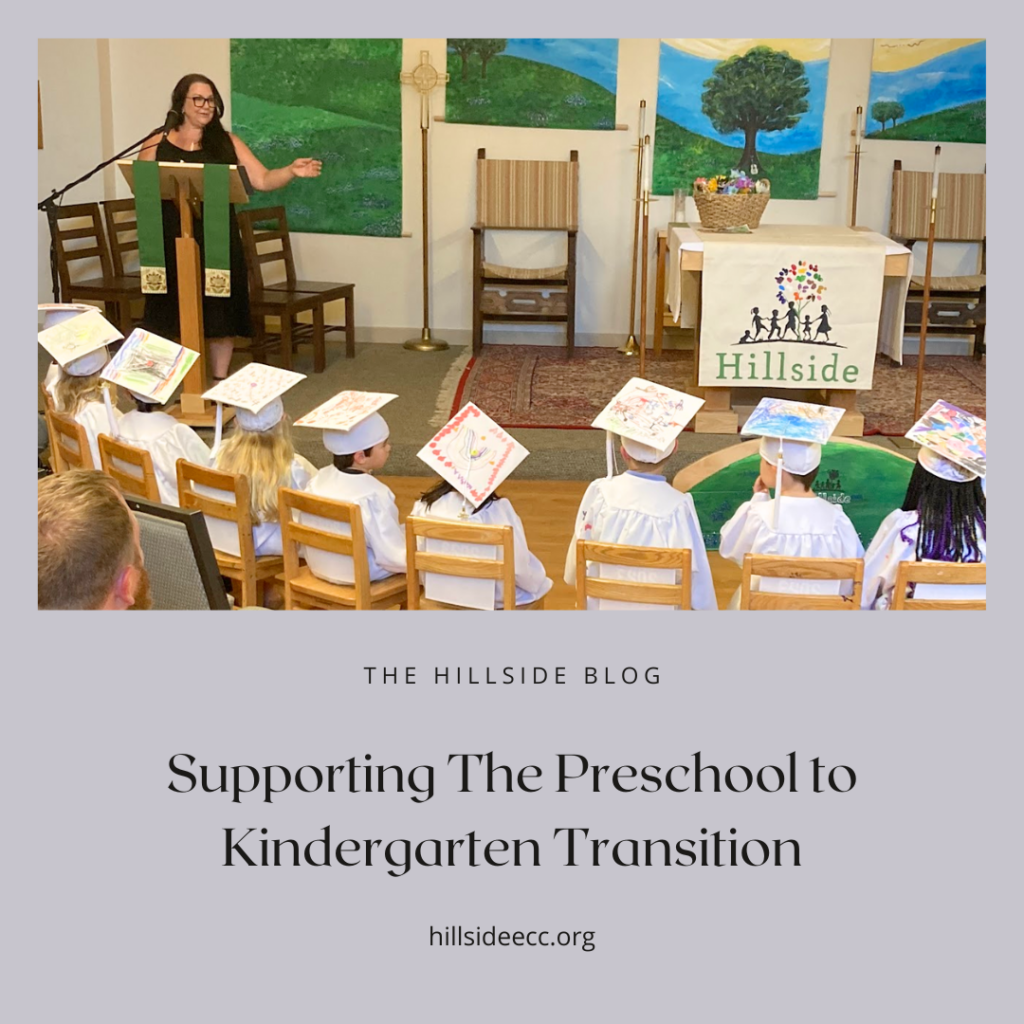
Making the transition from preschool to kindergarten can be such a bittersweet time. As caregivers, it is important that we do our best to prepare our child and prepare ourselves for the changes to come.
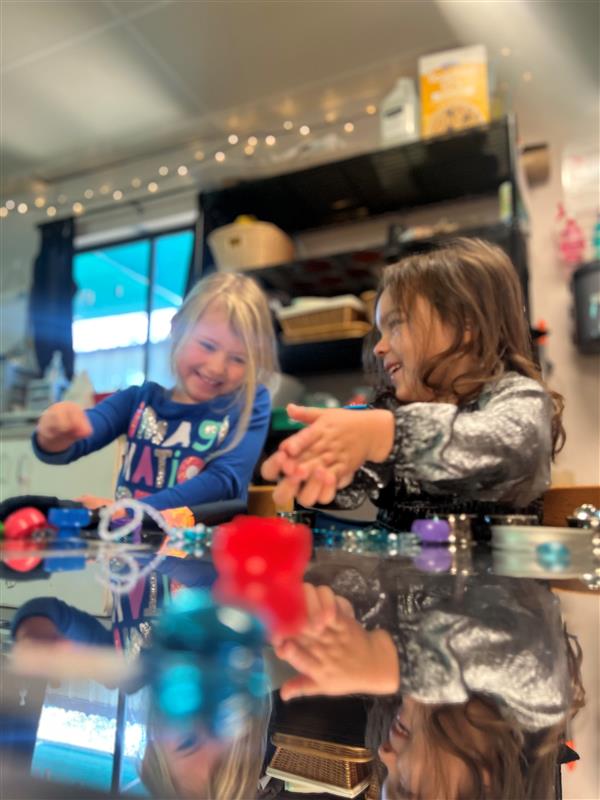
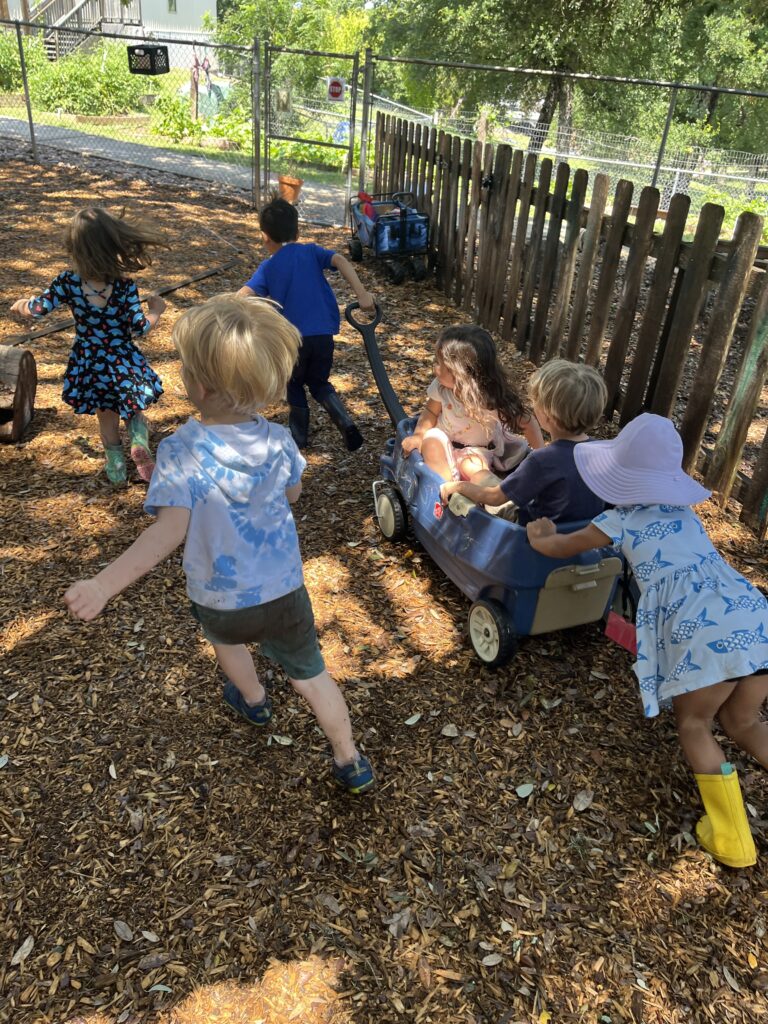
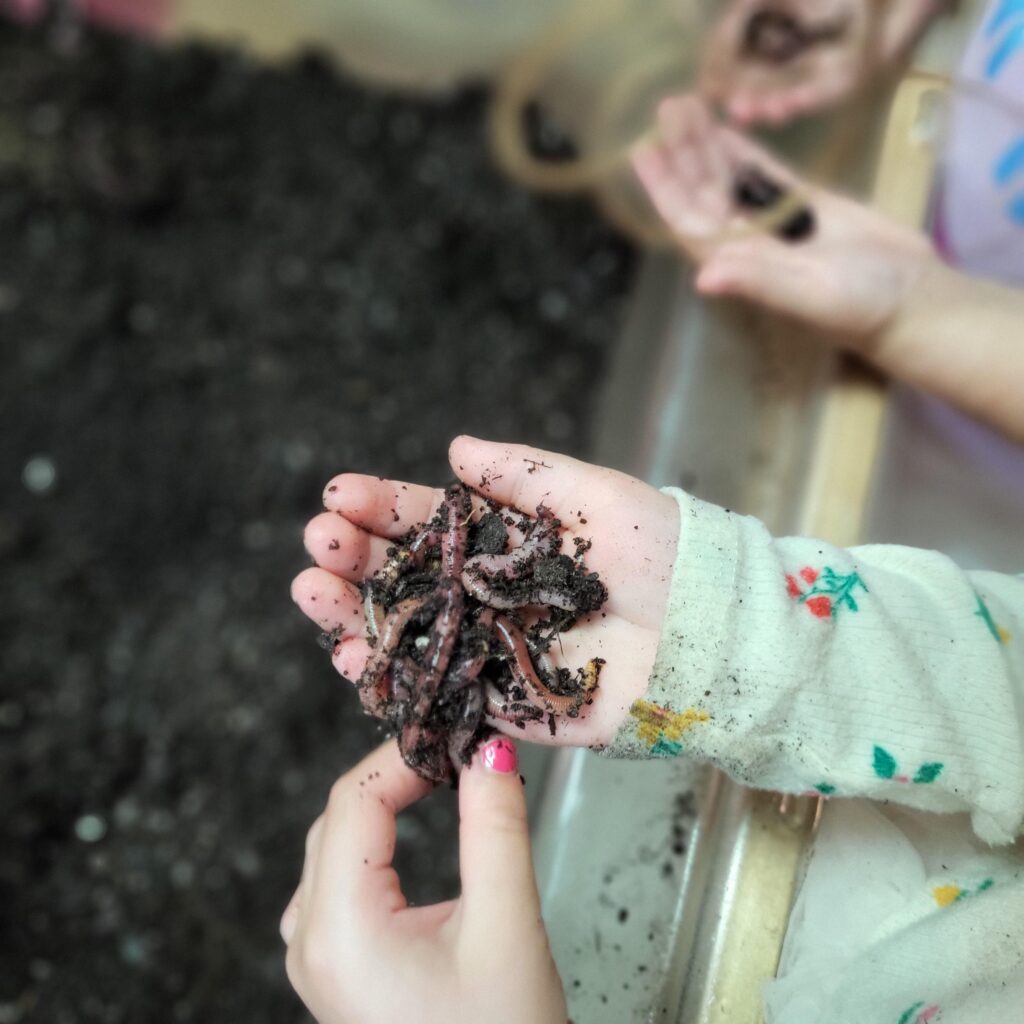
Continue to prioritize play.
We know that children learn through play, and play is a healthy and constructive way to process new experiences and figure things out. Play speaks to the whole child. Having unstructured play, especially outdoors, contributes in a positive way to all areas of the child’s development. The fine and gross motor skills obtained through play will lay the foundation for writing and dressing themselves. The language skills that they will develop through communicating with friends and engaging in story telling play will lay the foundation for both expressive and receptive communication.
Play is also an incredible opportunity for children’s social emotional growth. Learning how to play with others increases a child’s confidence and self-esteem. Knowing how to interact, imagine, and problem-solve with others in a safe, positive way is a skill that is necessary in an elementary school environment.
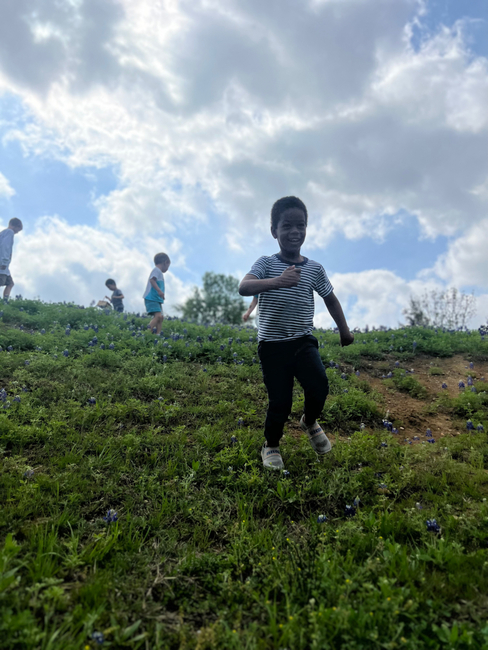
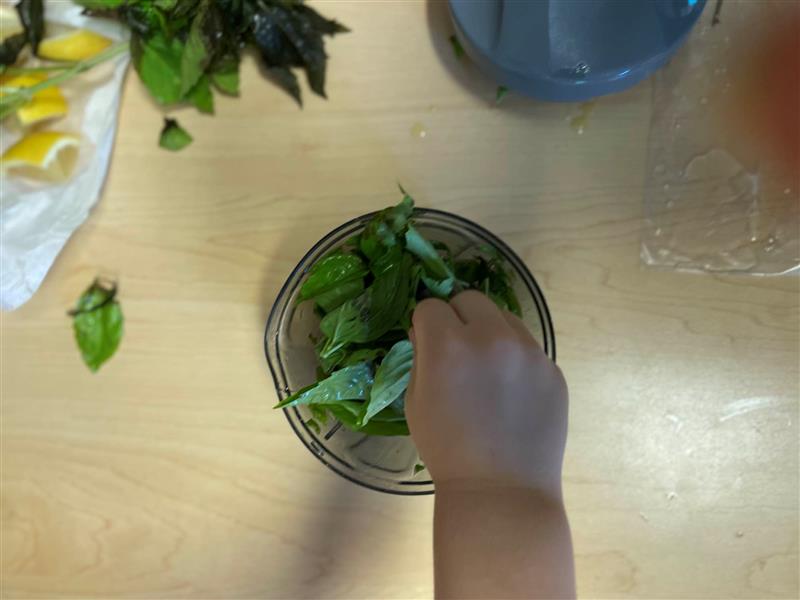
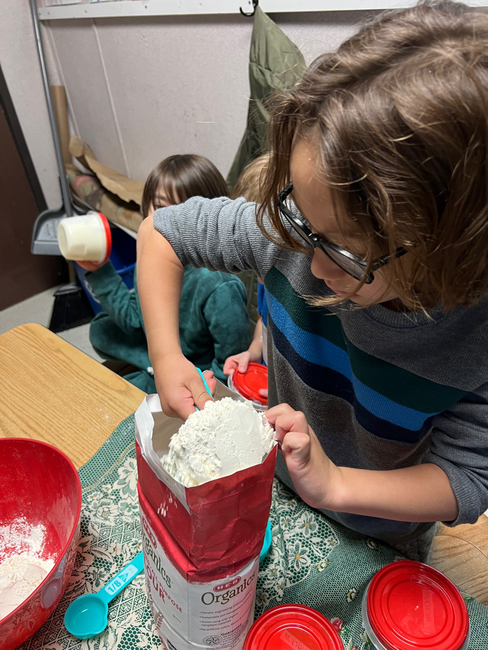
Foster independence.
In Kindergarten, children are encouraged to and asked to be more independent. From the little changes (like they walk alone into the building at drop off) to some of the bigger changes (cue testing), there are things you can do at home to support your child in being as ready as possible.
-Practice bathroom independence (ex: wiping themselves; proper hand washing).
-Meal Time independence (ex: practice opening all their own containers and packages; carrying their lunch box to and from).
-Practice taking care of their own needs (ex: zipping/unzipping jackets; tying shoes; keeping track of all of their personal items; sharpening own pencils).

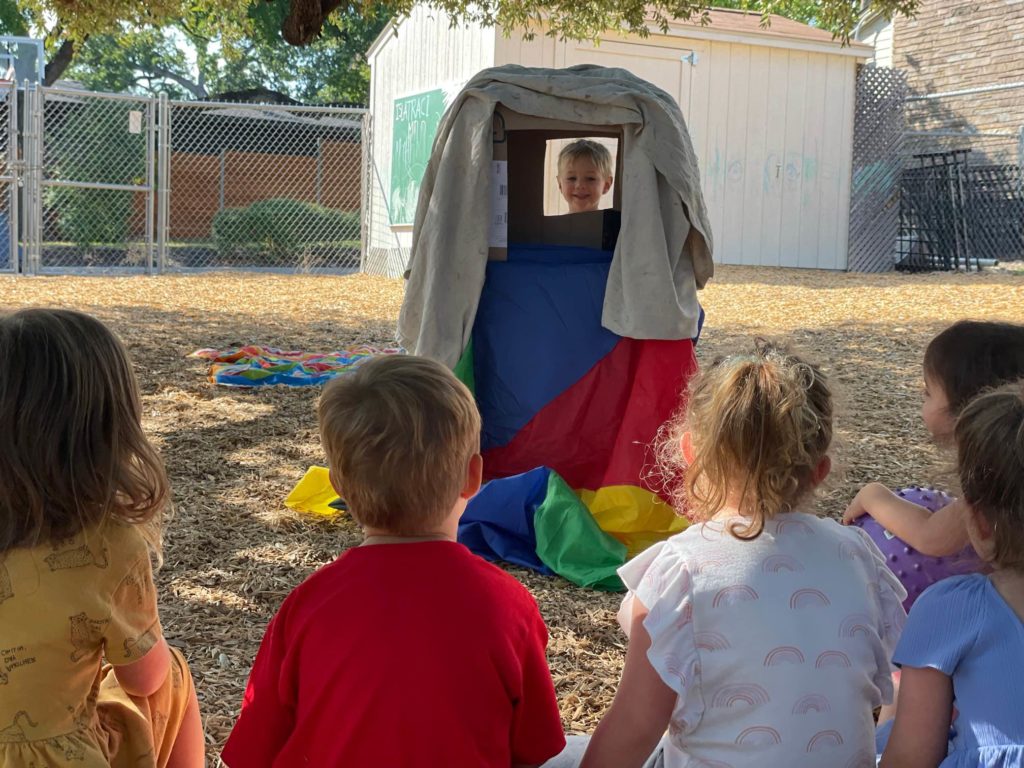
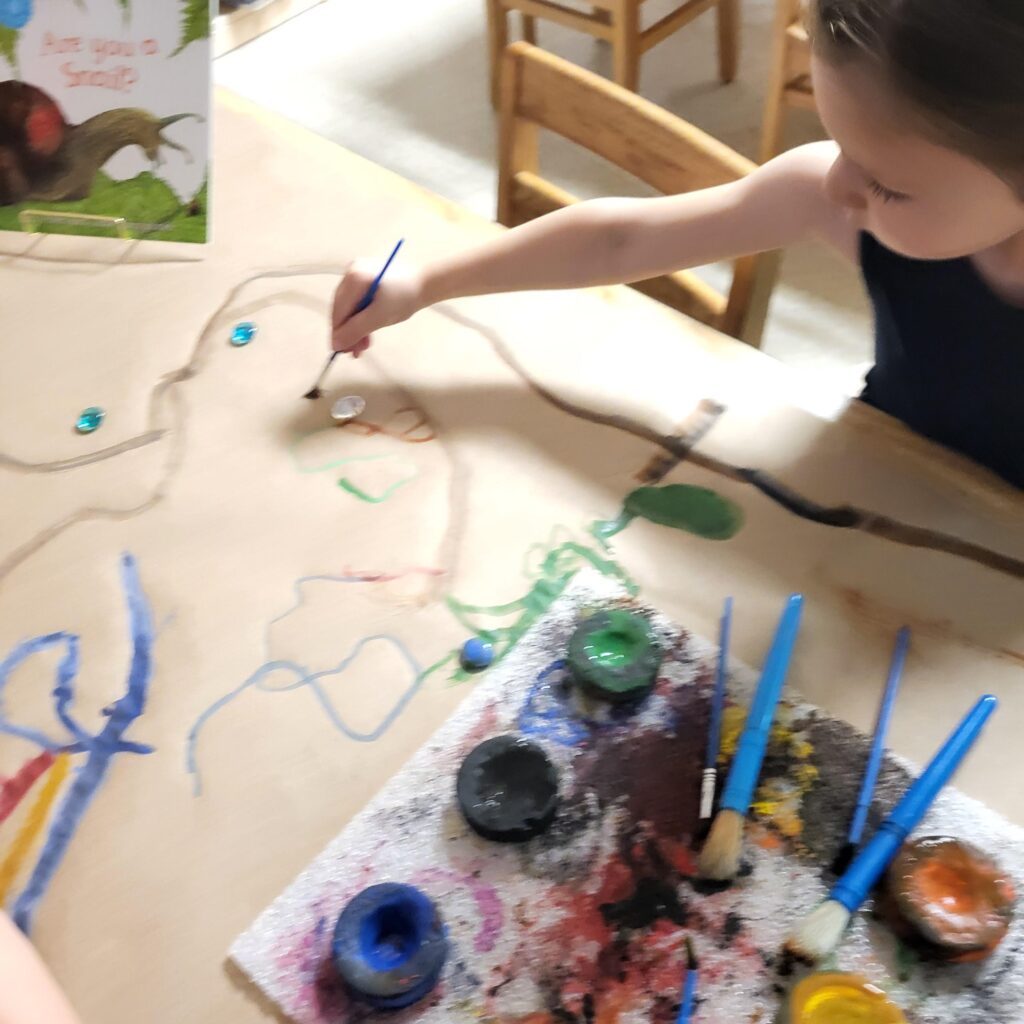
Develop and stick to a routine.
Routines provide a sense of security and consistency. When other aspects of their lives are changing, having something reliable is crucial to making the transition as seamless as possible.
In the weeks before your child begins school, start practicing the new routine. If bedtime is going to be moved up an hour earlier, practice that. If they will need to pack up their backpack at the beginning of the day, make sure they have the opportunities to try it out. There may be mistakes or hiccups along the way, and that’s okay! Better to find the kinks before the first day and have the opportunity to pivot or problem solve.
When it comes to dinner time, screen time, family time, and even possible homework time, having the schedule in place beforehand will help everyone get into a groove before the big day.
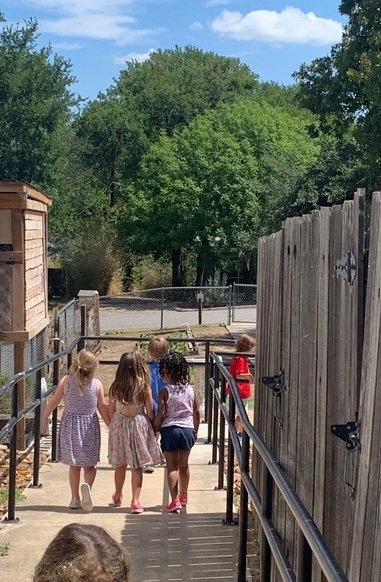
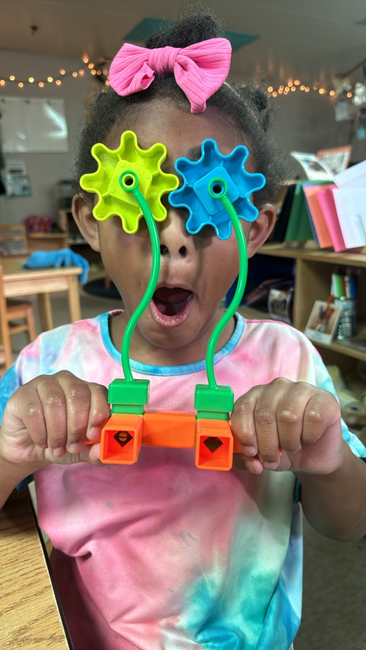
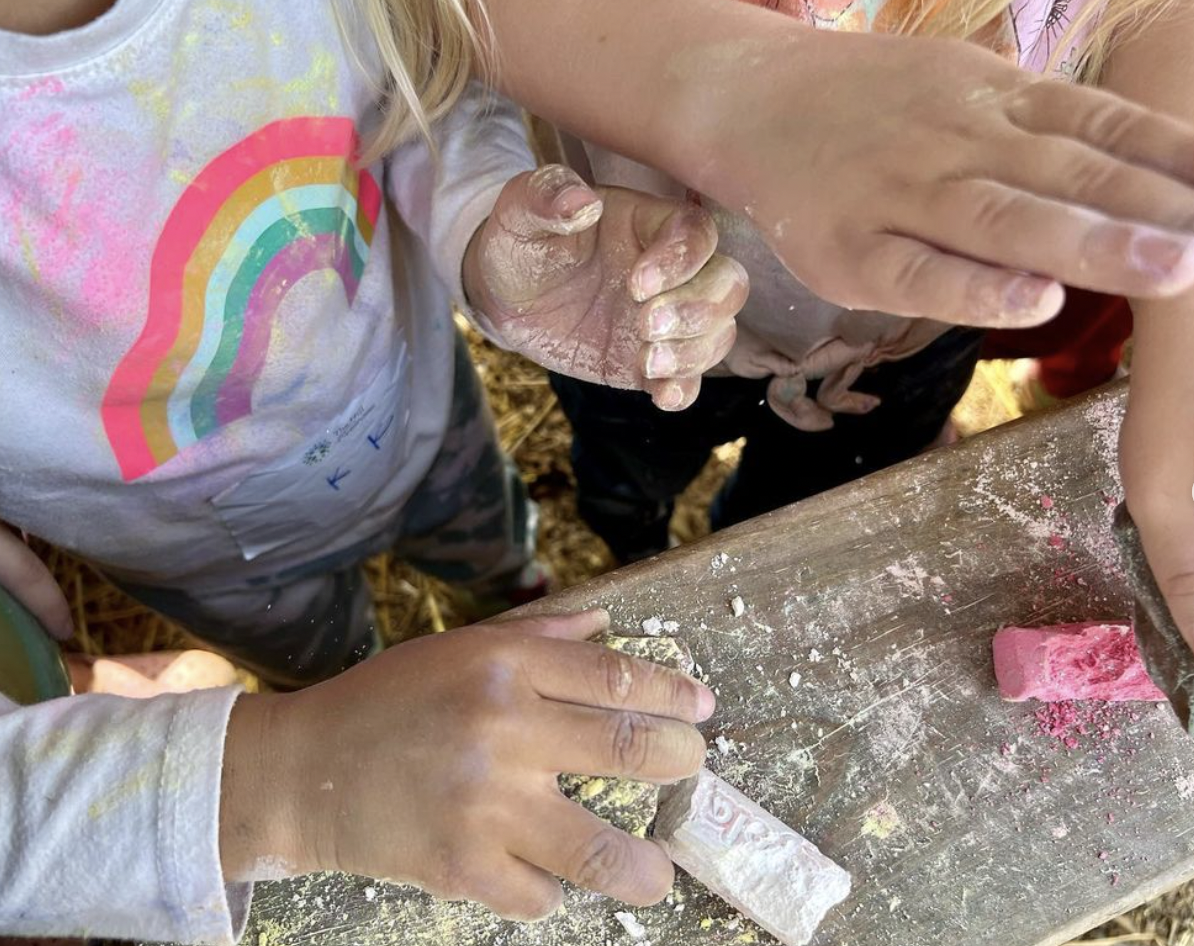
Visit the new school.
Visiting your child’s new school will help you, and them, feel more prepared and informed before their first day. Visiting the new school allows your child to become familiar with the layout of the campus, as well as give them a visual of what their new classroom will look like.
It will also be a good opportunity to meet the staff and share any important information you might have about your child. At this time it may be helpful to ask about daily routines (how to pick up and drop off) and what security looks like.
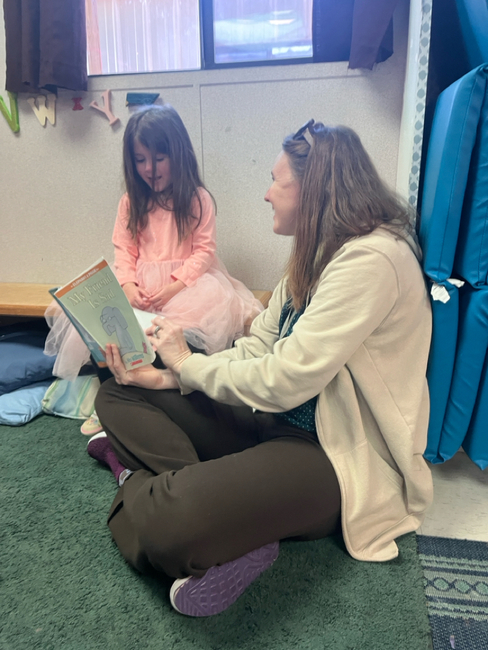
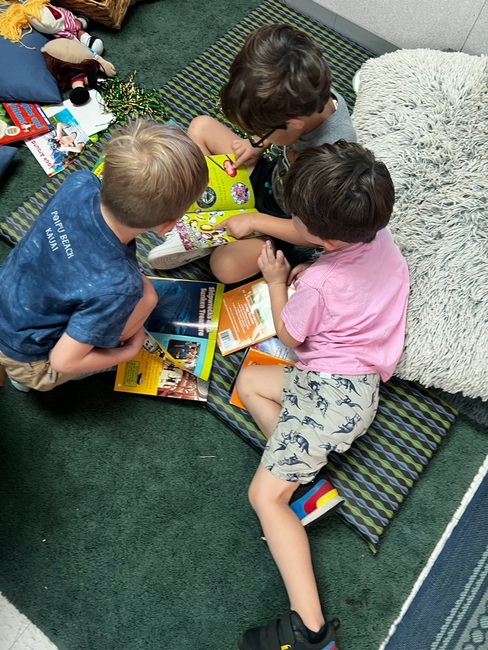
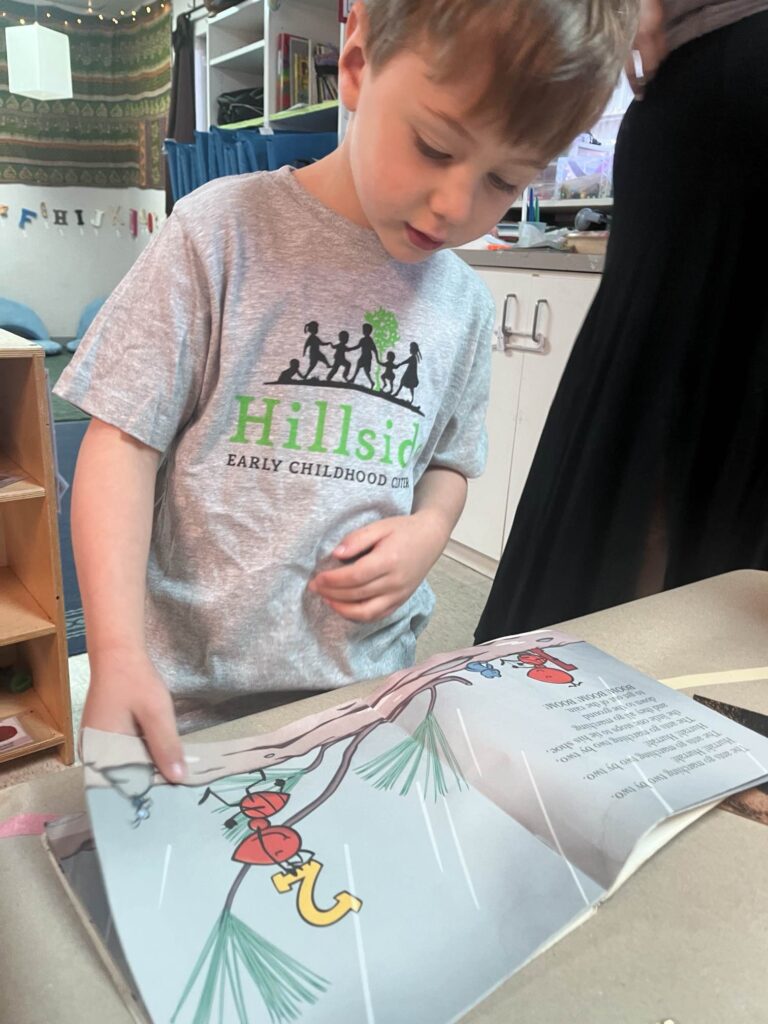
Read!
Children will often learn to read in their first two years of elementary school. Having, and continuing, a love for reading and literature is something that will allow them to become more independent and enhance their critical thinking and problem solving skills.
In Kindergarten, there are both independent reading times and whole-group reading times, and children are introduced to sight-words. Books are used as a way to not only teach new information, but also encourage the child to think deeper and more critically about things. Understanding that books contain stories and information is a great first step to this. It is recommended that children are read to at least 10 minutes every day.
Some of our favorite books about getting ready for Kindergarten are:
- How to Be Kind in Kindergarten: A Book for Your Backpack by D.J. Steinberg
- The Night Before Kindergarten by Natasha Wing
- Planet Kindergarten by Sue Ganz-Schmitt
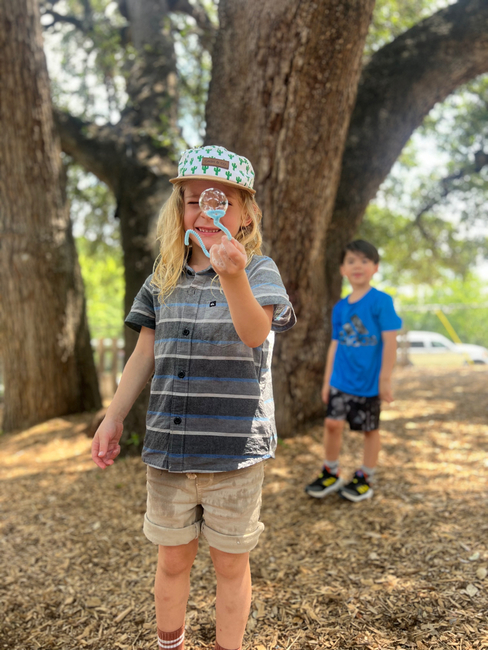
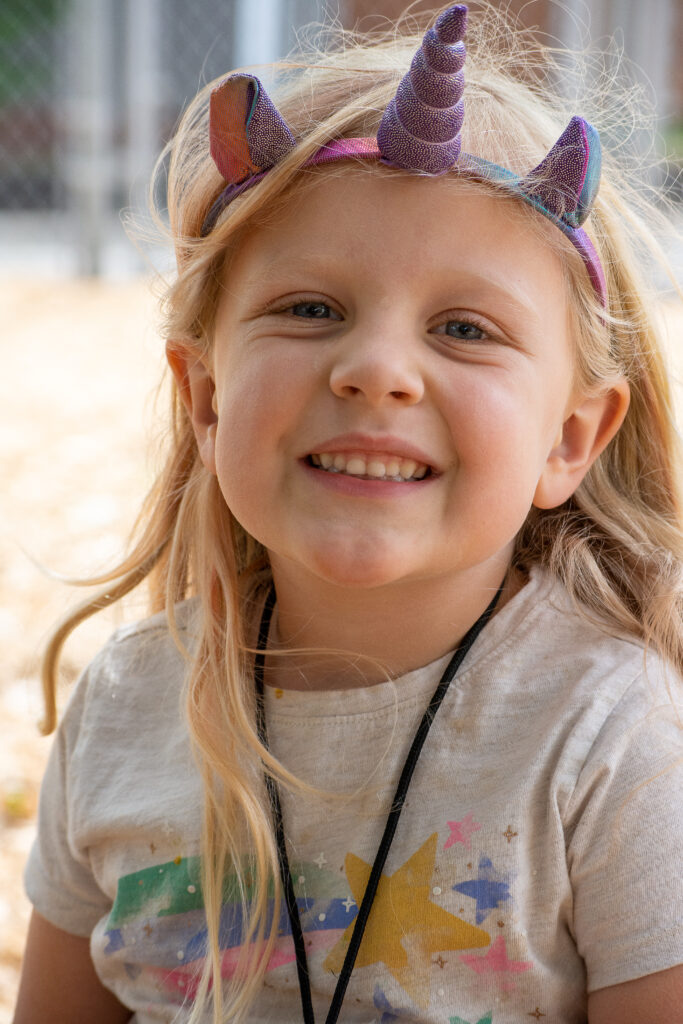
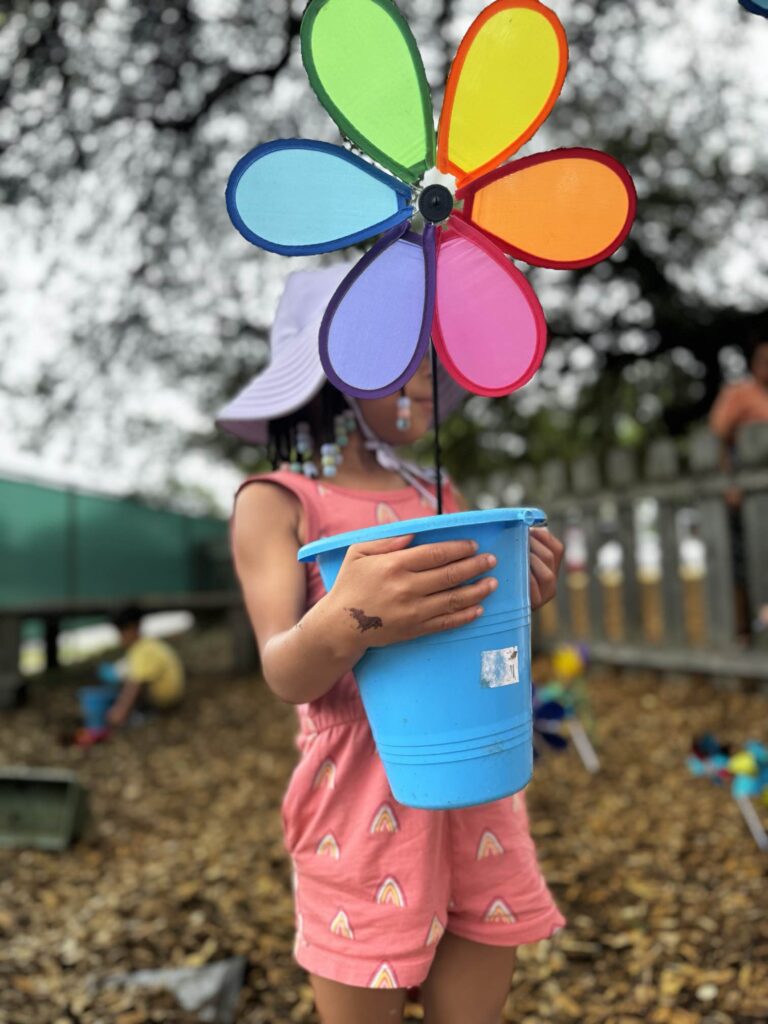
Embrace change and new beginnings.
Change in life is inevitable, and it is important to have a positive relationship with change that will help your preschooler be more adaptable and resilient in new situations.
Change often brings new friendships, new opportunities, and new things to explore. Talking about and highlighting the positive things to come will bring excitement and help ease anxieties.
Learning how to embrace change can help children be adaptable and help them solve future problems. Having a positive association with learning can be a beneficial thing for their life-long relationship with school.
We know that they cannot stay at Hillside forever (even though we wish they could) and believe it is our job to do all that we can to support you and your child make this exciting transition.

